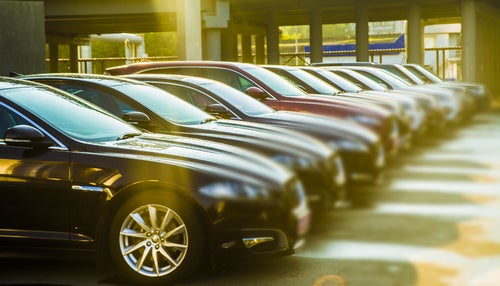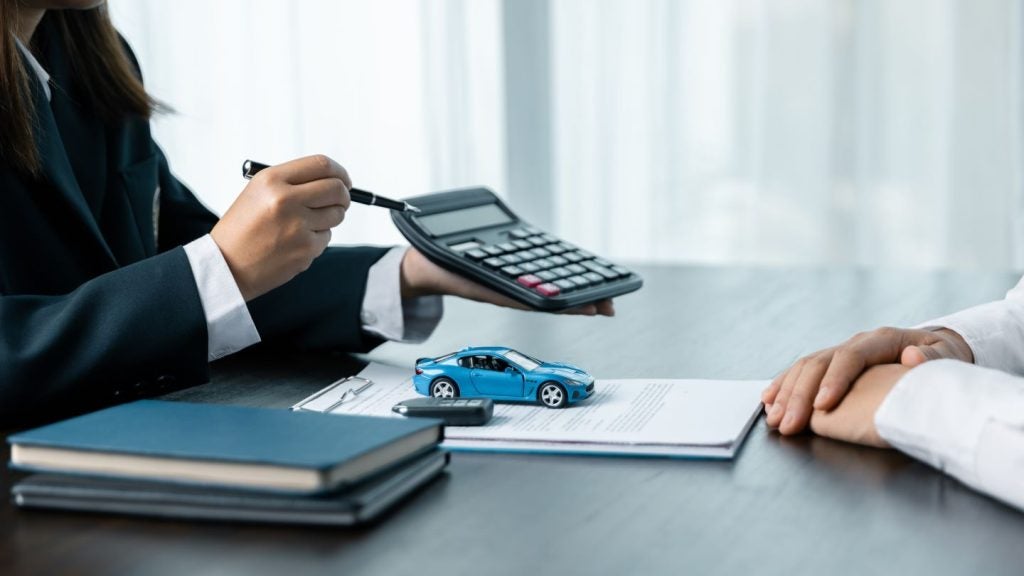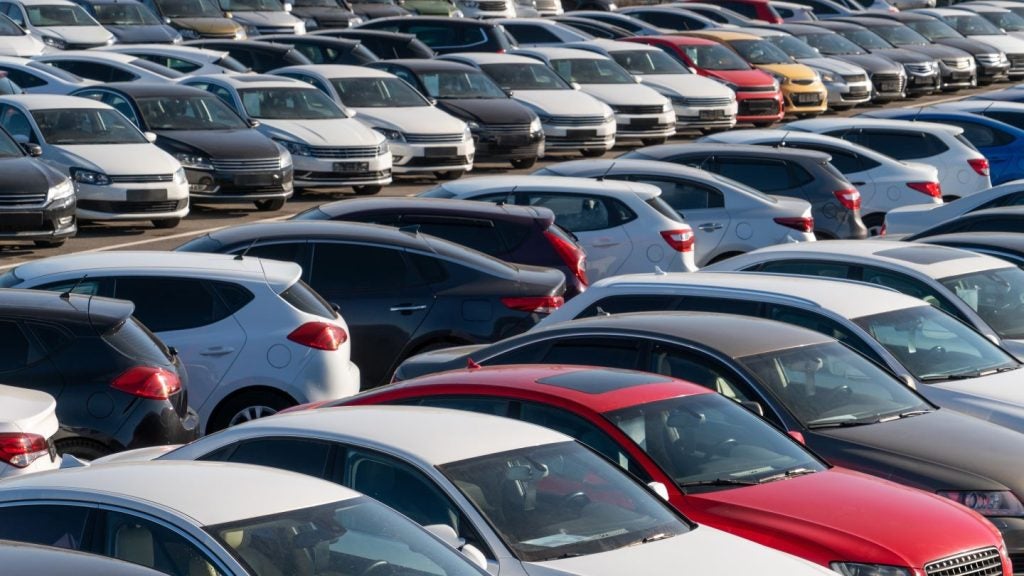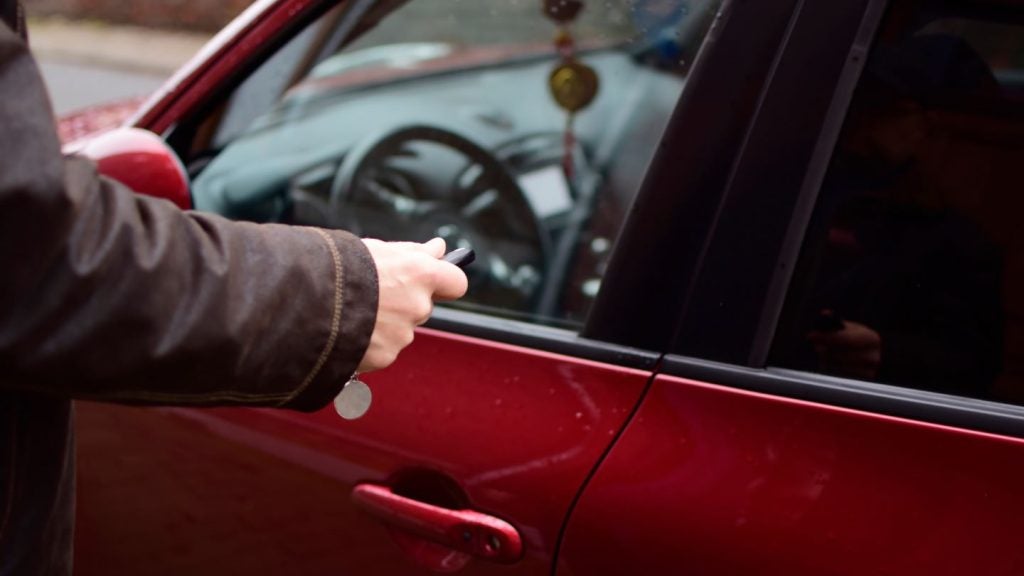
UK new car registrations were down 27.4% year-on-year in November, according to the latest figures from the Society of Motor Manufacturers and Traders (SMMT).
In a month when showrooms across England had to close due to new lockdown restrictions, the industry recorded 113,781 new registrations, taking trade back to levels last seen during the 2008 recession.
The decline was less severe than that seen during the first lockdown – when registrations fell by a record 97.3% in April alone – largely because this time around, retailers and manufacturers were able to be better prepared to fulfil orders via delivery or click and collect. Despite these innovations, private demand still fell by 32.2% while registrations by large fleets saw a decline of 22.1%
More positively, market share for battery electric vehicles (BEVs) and plug-in hybrid vehicles (PHEVs) continued to grow significantly, up 122.4% and 76.9% respectively. BEVs recorded their third highest ever monthly share of registrations at 9.1%, while PHEV share increased to 6.8% – a combined total of more than 18,000 new zero-emission capable cars joining Britain’s roads.
Given the huge contribution that Covid-secure showrooms make to the economy and a national recovery, reopening dealerships across most of the UK will help protect jobs in retail and manufacturing and should help stimulate spending, said the SMMT. The sector has lost 663,761 units to date in 2020, which means that around 31,000 cars would need to be registered every working day in December if the market was to achieve the level expected at the start of the year.
Mike Hawes, chief executive of the SMMT, said: “Compared with the spring lockdown, manufacturers, dealers and consumers were all better prepared to adjust to constrained trading conditions. But with £1.3 billion worth of new car revenue lost in November alone, the importance of showroom trading to the UK economy is evident and we must ensure they remain open in any future Covid restrictions. More positively, with a vaccine now approved, the business and consumer confidence on which this sector depends can only improve, giving the industry more optimism for the turn of the year.”
How well do you really know your competitors?
Access the most comprehensive Company Profiles on the market, powered by GlobalData. Save hours of research. Gain competitive edge.

Thank you!
Your download email will arrive shortly
Not ready to buy yet? Download a free sample
We are confident about the unique quality of our Company Profiles. However, we want you to make the most beneficial decision for your business, so we offer a free sample that you can download by submitting the below form
By GlobalDataIndustry reaction
Sue Robinson, NFDA chief executive, said: “The significant, sustained growth in the electric vehicle sector is positive, especially given the challenging 2030 deadline to end the sale of internal combustion engine cars. Dealers continue to work hard to meet consumer demand, as the uptake of our Electric Vehicle Approved (EVA) accreditation scheme demonstrates, but it is important that businesses and customers continue to be supported during this transition.
“Going forward, as the sector focuses on the transition to zero emission, it is vital that the Government reaches a trade deal with the EU that avoids tariffs on vehicles and vehicle parts to not undermine the stability of the automotive sector, which employs over 800,000 people in the UK. The first few days of the month have been busy with pent-up demand driving sales and franchised dealers are looking forward to a buoyant December as the UK emerges from lockdown.”
Ian Plummer, Auto Trader’s commercial director, said: “The market might be down, but given the circumstances of closed dealerships for virtually the entire month, it’s hugely impressive, and highlights the rapid adoption of digital retailing amongst car buyers and sellers alike. In a recent study, the number of consumers who’d consider buying a car completely online increased from 37% in August 2019, to 41% a year later.
“It represents a small but significant development for the industry which has enabled retailers to drive sales in exceptionally challenging conditions. Over 10,000 retailers are currently promoting their buy online services on our marketplace, with circa 350,000 cars available to buy via click and collect or home delivery.”
Seán Kemple, managing director of Close Brothers Motor Finance, said: “Just as the Welsh ‘firebreak’ lockdown caused a crash in October’s sales for the country, the English national lockdown in November has inevitably caused a significant overall drop in the new car market. Plunged back into a similar situation to Q2, dealerships have dealt with reduced demand, re-furloughed staff, shuttered showrooms, and broad economic turmoil; a combination that does not bode well for sales activity.
“Looking forward, there needs to be much more support for the car industry if it’s to fully recover and tackle the bigger challenges that lie ahead, especially with the ban on new petrol and diesel car sales brought forward to 2030. The onus is on the Government to stimulate the market in the same way that it has done with other industries like housing and hospitality – be it through incentivisation, tariff cuts or otherwise. Not only would this help the car industry, but it would also bring in more money for the Exchequer and support economic recovery.”
Michael Woodward, UK automotive lead at Deloitte, said: “The prospects for an uptick in sales in December are slim. Pent up demand is expected to be lower than after the first UK-wide lockdown, and many consumers will likely prioritise Christmas presents over other major purchases. As the year ends, the industry continues to rely on aftersales and maintenance to get through this challenging time.
“The roll out of a vaccine is expected to lift consumer and business confidence, but the impact of this may not be seen until the New Year. In the final month of the year, attention is shifting firmly towards Brexit and its impact on automotive production in the UK.
“UK car production has fallen 44%, to less than one million, since 2017 and whilst sales are expected to rebound to pre-pandemic levels, concerns remain that production will not. Flexing capacity is one of the biggest challenges that UK manufacturers face. Suppliers and manufacturers base their investment and depreciation figures on set volumes; long-term certainty and stability is important to help these businesses to achieve profitability.
James Fairclough, chief executive of AA Cars, said: “Looking ahead to 2021, the Government’s plan for a mass vaccination programme has buoyed expectations that the industry will be able to trade more normally. The tougher question will be how the pandemic’s economic fallout will affect people’s willingness to purchase big ticket items like a brand new car.
“Even in months when total car sales were lower than last year, EV sales in 2020 have far surpassed the numbers registered during the same time period in 2019. With the Government set to bring forward the ban on the sale of new petrol and diesel vehicles to 2030, dealers will be hoping that this increased interest translates into more demand on the forecourts.”
Alex Buttle, director of Motorway.co.uk, said: “Consumer appetite to purchase new cars is shaky. The second lockdown has really taken its toll on family finances and the new Tier system that kicked in after lockdown ended, has left most consumers feeling uncertain. The reality is, that a new car is a long way down most people’s wish list, especially with Christmas just around the corner.
“However, new car dealers are not giving up on December, with many offering generous discounts on new and pre-registered stock, in an effort to boost end-of-year sales figures. But even 10-20% discounts may not be enough to tempt consumers to buy before Christmas.”
Karen Hilton, chief commercial officer at heycar, said: “As we close out 2020, heycar’s partner dealerships are reporting strong levels of activity that shows definite demand out there to buy cars before the end of the year. There are reports, for instance, that people who have not holidayed this year are treating themselves to a change of car before Christmas – especially now that the five day festive ‘window’ has been confirmed nationwide.
“Of course as well as Coronavirus, and the predicted sharp rise in unemployment that it will bring in 2021, Brexit will add another layer of uncertainty when it comes to predicting how things are going to go. However, by adopting a strong online presence and offering new add ons that customers want it is possible to enjoy successful customer engagement.”







